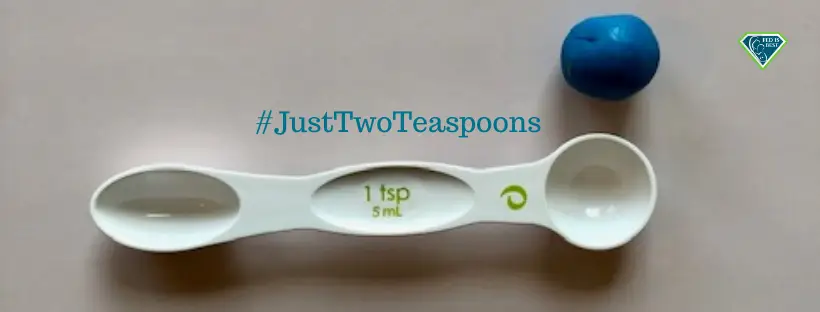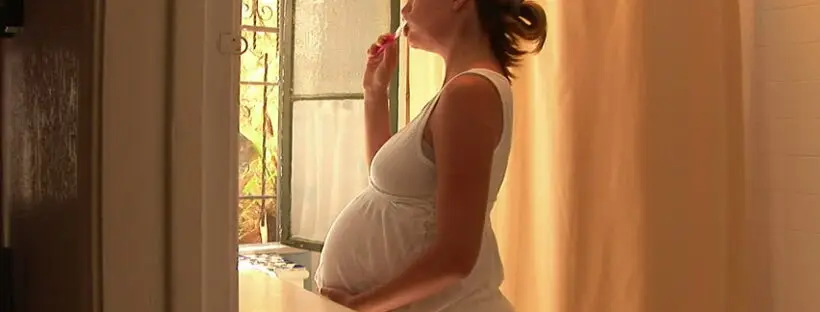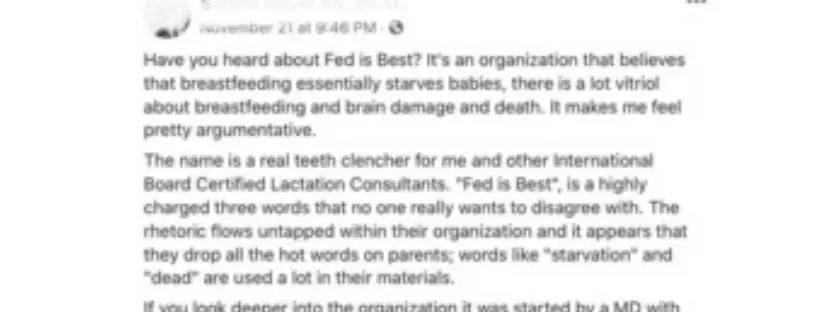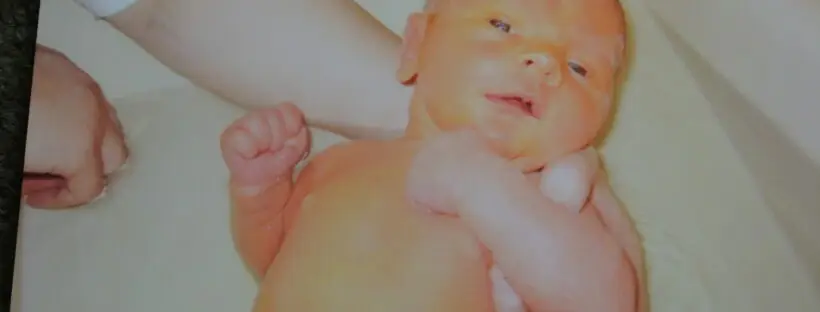Written by Jody Segrave-Daly, RN, IBCLC and Lynnette Hafken, MA, IBCLC
There have now been six studies showing that in some infants, a little bit of supplementation with two teaspoons (10 mL) of formula or donor breast milk after nursing had no effect on long-term breastfeeding. One study showed it prevented hospital readmissions in all of the supplemented newborns. Another showed it actually helped breastfeeding!
Why aren’t medical and lactation professionals recommending this intervention?
Many medical and lactation professionals believe that a tiny amount of formula will contaminate the baby’s gut, causing lifelong health problems. They refuse to admit that formula supplementation can be helpful, and they have baseless concerns that temporary formula supplementation will become routine for all babies. According to Baby-Friendly USA, “donor [breast] milk takes the fight out of this.” What they mean is that the few babies who are born in a hospital with donor milk can be fully fed, while the vast majority of babies who are born in hospitals without donor milk just have to tolerate hunger and thirst so as to avoid a few teaspoons of formula.
Did you know two teaspoons of formula or donor milk has seven calories?




